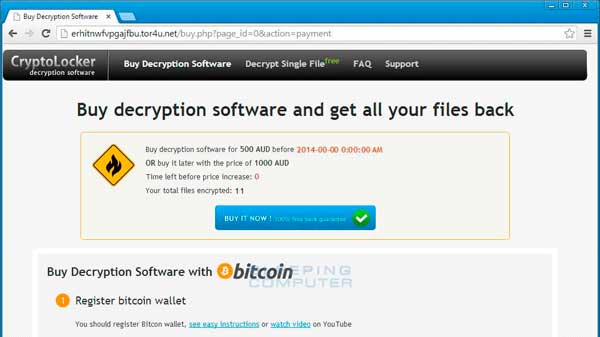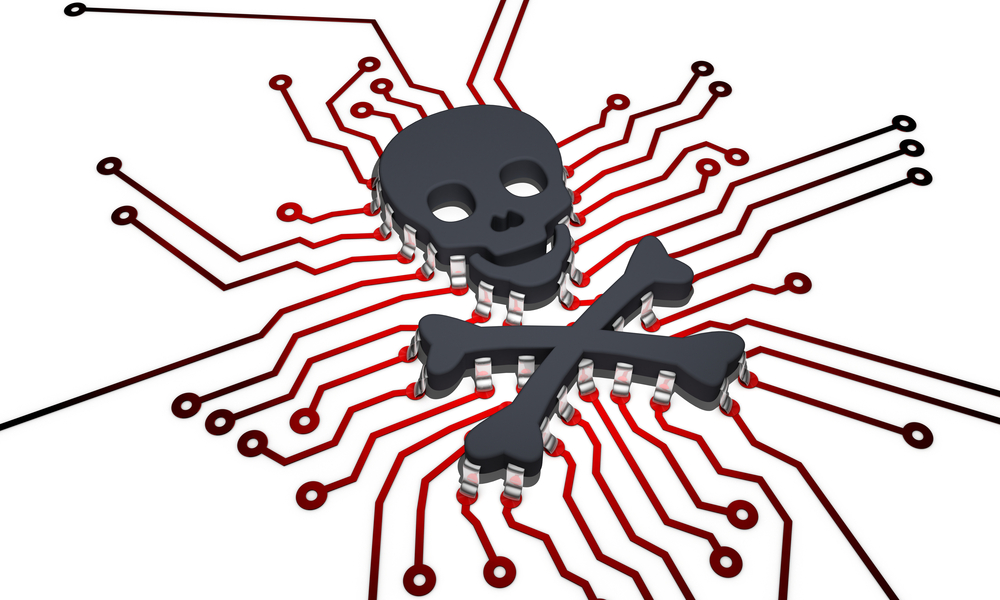Most of the Bitcoin community members will have heard of the Cryptolocker malware by now. For those of you who haven’t yet, Cryptolocker encrypts a ton of important files located on your computer, and forces users to pay for getting them decrypted again. This payment can be completed with either a credit card or Bitcoin, which is why it has caught the eye of mainstream media across the world. The Free University of Amsterdam is the latest victim of this nasty piece of malware.
Luckily for the IT service in charge of keeping everything organized at the Free University of Amsterdam, no important files have been lost to this piece of malware to date. However, with over 200 computers  affected by Cryptolocker, there was plenty of reason for great concern. Especially considering it is not the first time some of the University’s computers have been infected.
affected by Cryptolocker, there was plenty of reason for great concern. Especially considering it is not the first time some of the University’s computers have been infected.
Cryptolocker usually hides in email attachments, making universities across the world a very likely target to become infected sooner or later. Considering how victims will [temporarily] lose access to some of their most important files, a fair amount of people would gladly pay up the requested amount in order to decrypt their documents. However, providing the malware creators with either credit card or Bitcoin details only makes matters worse.
The reason why the Cryptolocker malware has been making headlines over the past month or so is not because mainstream media worries too much about the malware itself, but because the creators give victims an option to pay with Bitcoin. Ever since Bitcoin’s inception in 2008, the disruptive digital currency seems to be a preferred “method of payment” for malicious individuals.

Bitcoin-related malware, virii and keyloggers have been on the rise over the past year and a half. Back in 2014, a Kaspersky study showed that 22% of all financial threats in the form of viruses, malware or otherwise have Bitcoin implications. The biggest part of that comes from software which secretly installs an application to mine Bitcoin on the victim’s computer.
Malicious individuals are drawn to Bitcoin as a way to force unsuspecting victims to pay up in order to restore computer access. Bitcoin payments, while publicly visible on the blockchain – which is a public ledger of all transactions ever since its inception – are non-refundable and anonymous up to a certain point, making it very hard to track down the owner of a Bitcoin address.


No Responses